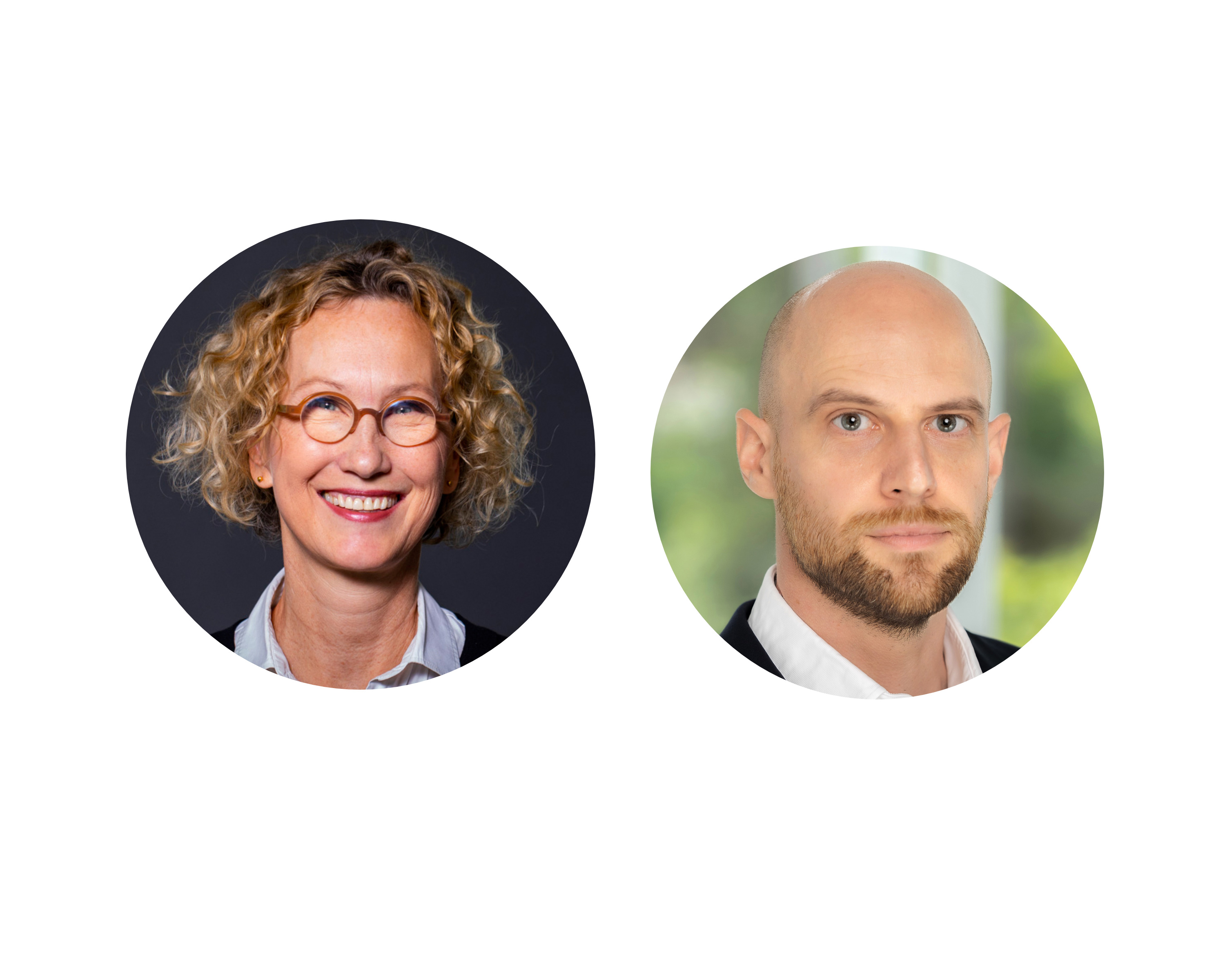Retinomics for precision profiling of coronary heart disease risk

Coronary heart disease (CHD) remains a persistent public health burden worldwide and is the cause of one out of every five deaths each year. Precise and reliable cardiovascular markers identifying people at risk for CHD are usually invasive and thus not suitable for everyone. The eye offers a unique window through which to view microvessels potentially altered in earliest stages of cardiovascular diseases. The latest breakthroughs in retinal imaging with optical coherence tomography angiography (OCTA), captures retinal microvasculature anatomically and in its diffusion dynamics in 3D non-invasively and with high-resolution. We hypothesize that these retinal vascular fingerprints (retinomics) have the potential to become a reliable biometric of a person’s risk of cardiovascular disease. In this project we will collect retinal imaging data from people with and without coronary heart disease. Artificial intelligence (AI) techniques based on machine and deep learning will then be developed and employed to search for associations between such retinal fingerprints and the coronary condition. The project brings together experts with extensive experience in cardiology, ophthalmology and retinal imaging, and ample competence in AI and computational retinal image analysis. The project outcome would allow providing a risk stratification of coronary heart disease by the way of retina in a fast and non-invasive manner, currently a huge unmet need.